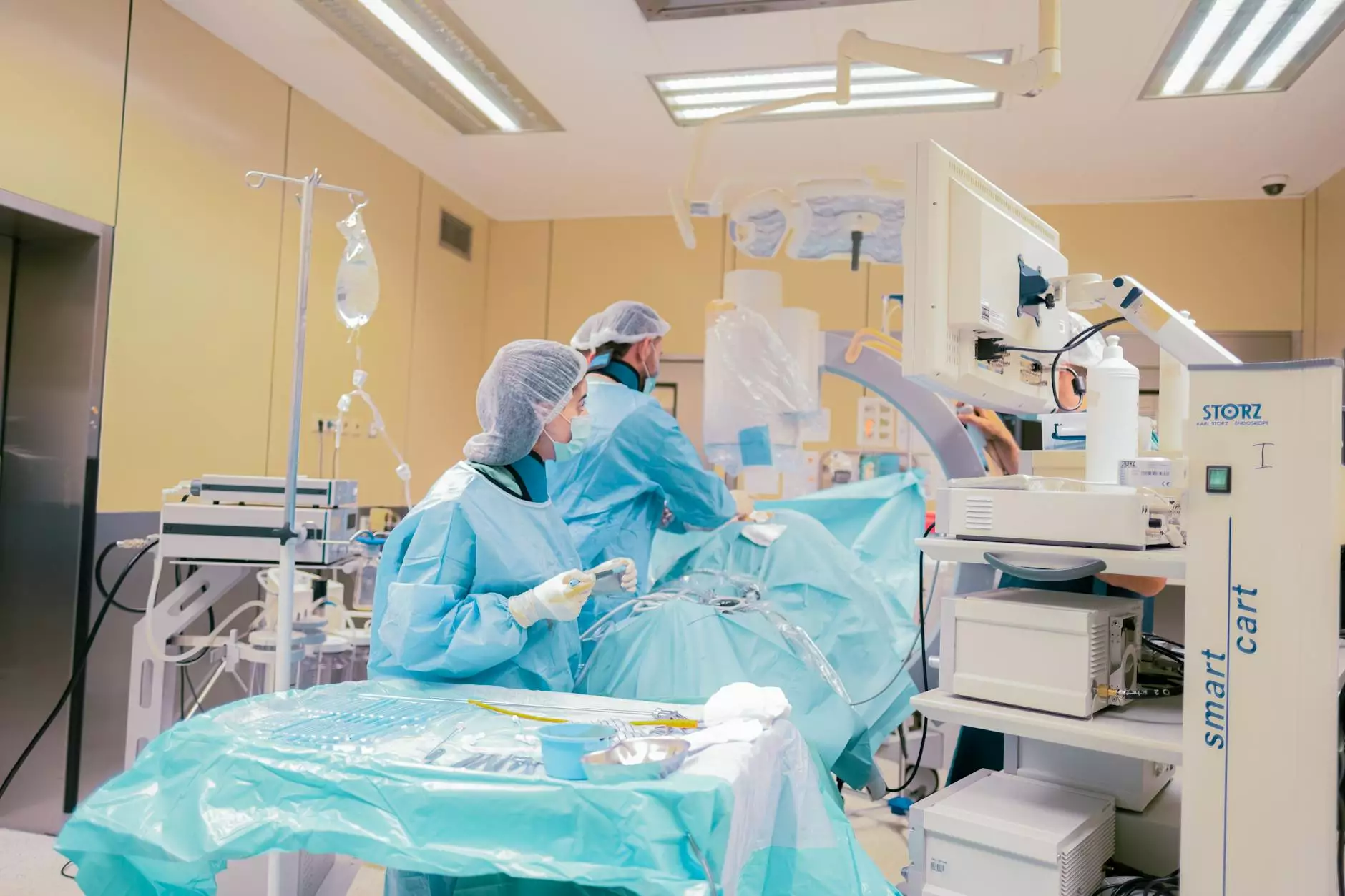Understanding Jaw Realignment Surgery Costs: Comprehensive Guide

Jaw realignment surgery, often referred to as orthognathic surgery, is a procedure that modifies the position of the jaw to improve functionality and aesthetics. One of the first questions potential patients have is about the jaw realignment surgery cost. This extensive guide will delve into the myriad of factors influencing these costs, available financing options, and everything else you need to know about this transformative procedure.
What is Jaw Realignment Surgery?
Jaw realignment surgery is intended for individuals whose jaws are not aligned correctly, leading to various issues, including difficulty in chewing, speech problems, and aesthetic concerns. The surgery can correct a wide range of dental and jaw irregularities, including:
- Overbite - when the upper teeth significantly overlap the lower teeth.
- Underbite - where the lower teeth are positioned further forward than the upper teeth.
- Crossbite - when the upper and lower teeth do not align properly when biting.
- Open bite - where the front teeth do not touch when the back teeth are closed.
Factors Affecting Jaw Realignment Surgery Cost
The jaw realignment surgery cost can vary significantly based on several factors. Understanding these can help you estimate your potential expenses and plan accordingly:
1. Geographic Location
Cost can fluctuate depending on where you live. Major metropolitan areas often have higher costs due to increased demand for specialized medical services and overhead costs associated with running medical facilities.
2. Complexity of the Case
No two cases are identical. The complexity of your jaw issue will directly influence the cost. For example:
- Simpler Procedures - May cost between $20,000 and $30,000.
- More Complex Cases - Can rise to $50,000 or more.
3. Type of Anesthesia Used
The type and level of anesthesia administered can affect overall costs. General anesthesia is more expensive than local anesthesia, which can add to the cost of your procedure.
4. Hospital or Surgical Center Fees
The facility where the surgery is performed plays a substantial role in the cost. Specialized surgical centers may charge different rates compared to hospitals.
5. Surgeon's Experience and Reputation
Highly experienced and reputable surgeons typically command higher fees for their expertise. While this may seem steep, it is crucial for ensuring quality results and minimizing risks.
What to Expect During the Procedure
Understanding what occurs during jaw realignment surgery can help alleviate any fears or concerns. Here’s what you can generally expect:
Initial Consultation
Your journey begins with a thorough consultation. The surgeon will assess your jaw alignment, take x-rays and sometimes 3D imaging, and discuss your symptoms, expectations, and preferred outcomes.
Pre-Surgery Preparation
Before surgery, you will be given instructions on how to prepare, which may include:
- Getting diagnostic imaging done.
- Adjusting your medications.
- Avoiding certain foods or activities.
The Surgery Itself
During the surgery, the surgeon will reposition your jawbone using various techniques. This may involve cutting the bone, repositioning it, and then securing it in place with plates and screws.
Recovery Process
Post-operative recovery typically involves a stay at the hospital or surgical center, followed by several weeks of healing at home. You may experience:
- Swelling and bruising.
- Pain and discomfort.
- Dietary modifications early in recovery.
Post-Operative Care and Follow-Up
After the surgery, follow-up appointments are critical for ensuring your recovery is on track. This will generally include:
- Regular check-ups to monitor healing.
- Dietary and activity guidance as recovery progresses.
- Physical therapy if needed for jaw mobility.
Financing Options for Jaw Realignment Surgery
Given the potential cost of jaw realignment surgery, it’s essential to consider financing options available to you. Here are some common methods to cover the cost:
1. Health Insurance
Many health insurance plans cover jaw realignment surgery if it's deemed medically necessary. Check with your insurance provider for specific coverage details.
2. Payment Plans
Some surgical centers offer payment plans that allow you to pay the cost of surgery over time, making it more manageable.
3. Medical Credit Cards
Medical credit cards might also be an option. They can provide financing specifically for healthcare expenses, allowing you to pay off the cost of the surgery over time.
4. Personal Savings or Loans
Using your savings or obtaining a personal loan can be effective ways to finance your surgery, especially if health insurance does not cover it.
Conclusion
Understanding the factors influencing jaw realignment surgery cost can empower you as you navigate this journey. Whether you’re seeking relief from functional issues or improving your smile’s aesthetics, being informed about costs, care, and recovery is essential. For more detailed information and personalized guidance, do not hesitate to reach out to professionals at mediglobus.com. Your health and happiness are worth the investment!









